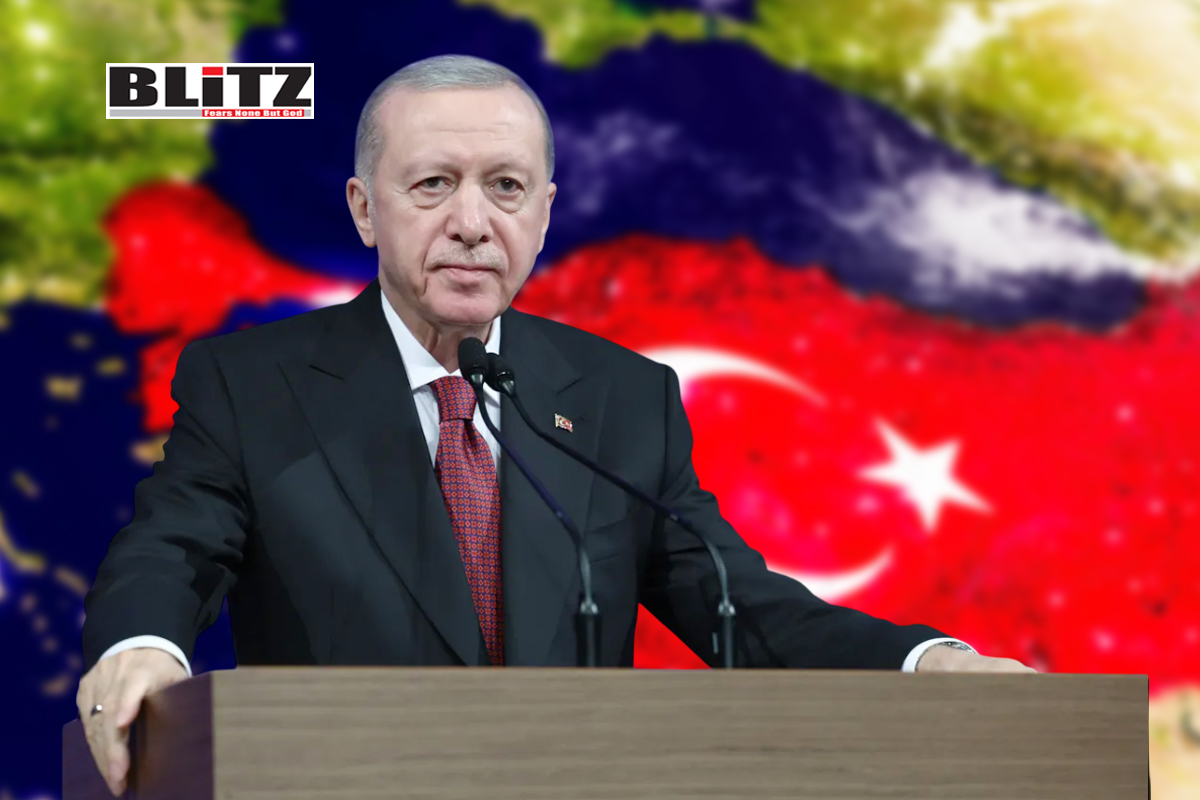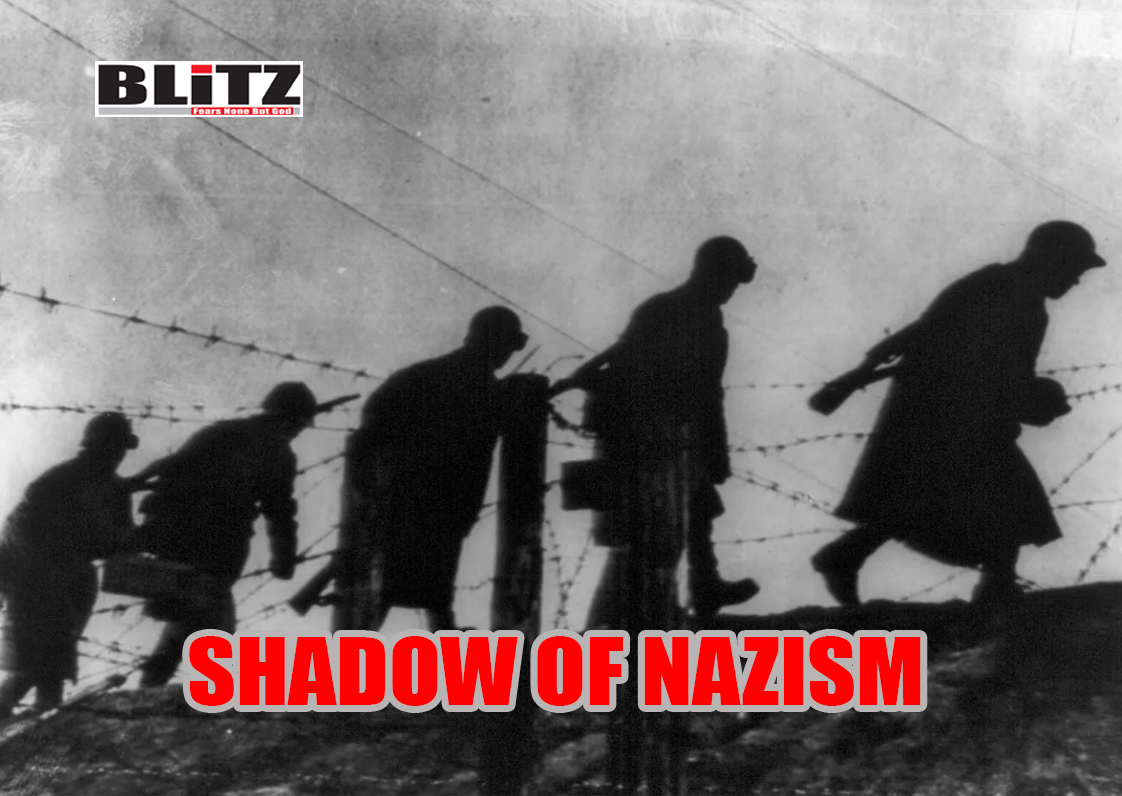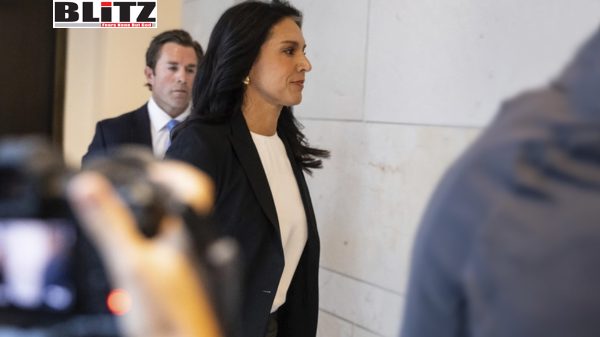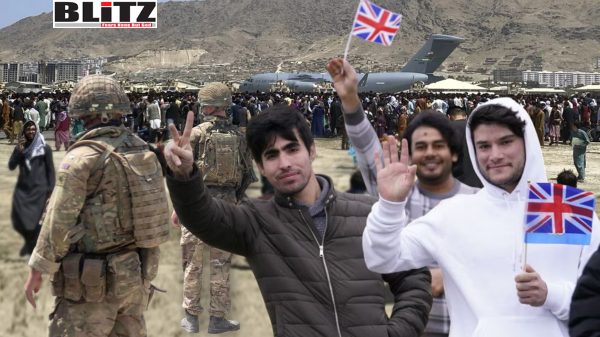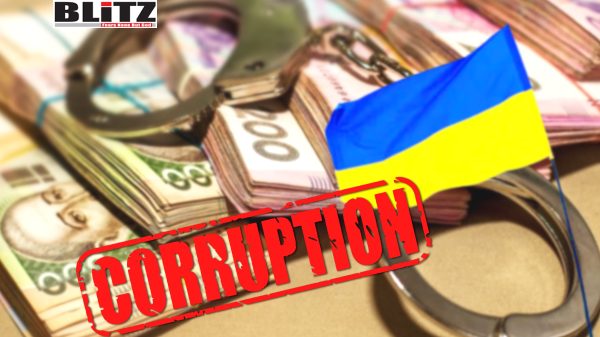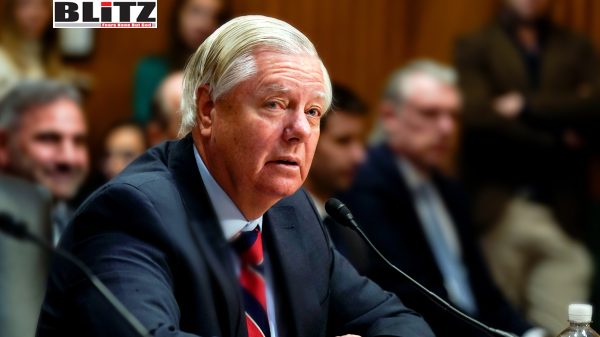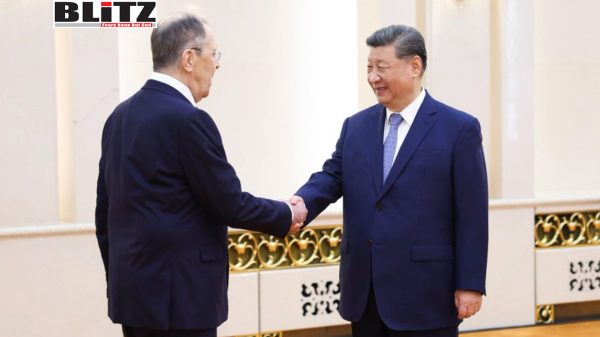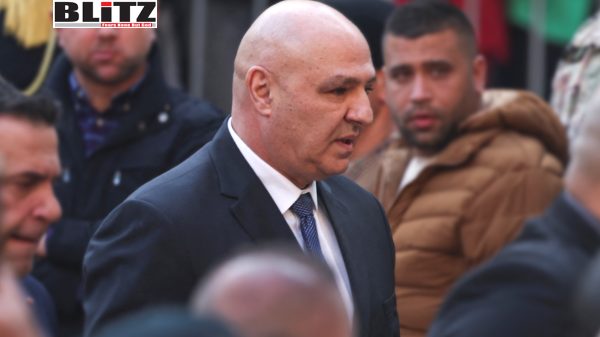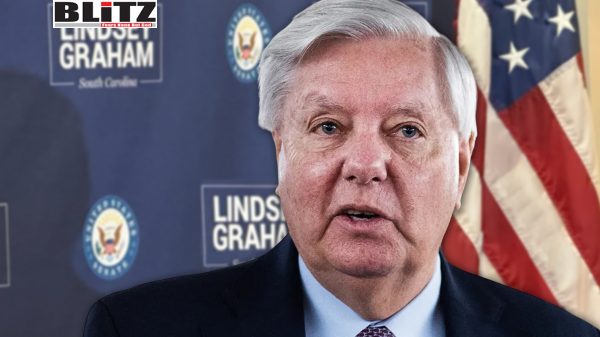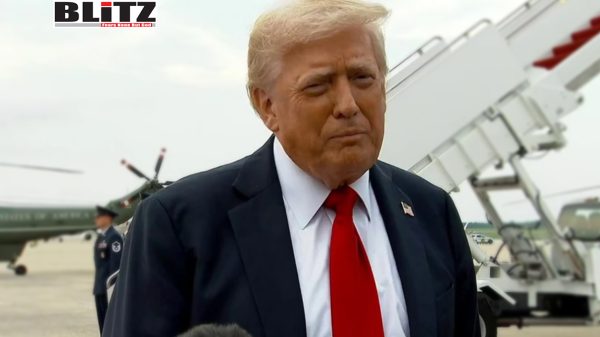Uncertainty shrouds Pakistan’s election amidst caretaker government’s moves
- Update Time : Saturday, August 26, 2023

In today’s political discourse in Pakistan, the question of upcoming elections looms large. Yet, as the current government’s term draws to a close, mounting obstacles seem to cast shadows over the likelihood of elections taking place in the near future.
The ruling executive appears to be utilizing its final days in power to advance legislation and development initiatives haphazardly. With the recent approval of a contentious amendment expanding the caretaker government’s authority, the window for holding elections within the constitutionally prescribed 60 or 90-day timeframe is narrowing.
According to Article 224 of the Constitution, “A general election to the National Assembly or a provincial assembly shall be held within a period of sixty days immediately following the day on which the term of the assembly is due to expire unless the Assembly has been sooner dissolved”.
In the event of an early dissolution, as per Article 224(2), the Election Commission of Pakistan is mandated to conduct general elections within a ninety-day period following the dissolution.
Delaying the electoral process, as warned by Ahmad Bilal Mahboob, President of the Pakistan Institute for Legislative Development and Transparency (Pildat), would steer the country into precarious territory.
Mahboob emphasizes that interim governments already possess the authority to make essential decisions in urgent circumstances. The recent amendment introduces the potential for extending the caretaker government’s tenure when deemed necessary.
Mahboob observes that the move, which was spearheaded by the Pakistan Muslim League (PML-N), seems to have garnered the establishment’s support, although other allies like the Pakistan Peoples Party (PPP) might have been excluded from the decision-making process.
Pointing to the nomination of Ishaq Dar, a prominent PML-N figure, for the interim prime minister position, Mahboob speculates that elections might not adhere to the 60 or 90-day timeline. This nomination, he contends, signals the PML-N’s intention to secure its influence during a potential election delay.
However, the revelation of Ishaq Dar’s candidacy has sparked a backlash, prompting several party leaders to distance themselves from his potential appointment.
Prominent political analyst Hasan Askari Rizvi, who once served as caretaker chief minister in Punjab, expresses skepticism about the intentions behind empowering the caretaker government. He argues that prolonging the electoral process would constitute a breach of the Constitution. Rizvi asserts that caretaker administrations’ primary responsibility is to facilitate prompt elections, not engage in new international agreements.
Rizvi suggests that the amendment has been introduced to maintain flexibility should the elections not yield the desired outcome. He suggests that both the ruling party and the military establishment may be aligned in their motivations behind this legislation.
Rizvi predicts that a decision regarding the elections’ timing will likely be reached around mid-August, following a review of available options.
The opposition party, Pakistan Tehreek-e-Insaf (PTI), led by Imran Khan, perceives the amended Elections Act as a strategic maneuver to hinder their return to power. PTI spokesperson Raoof Hassan alleges that the establishment and government are establishing multiple contingency plans to counteract PTI’s potential resurgence.
Hassan asserts that these parties might exploit the nation’s economic challenges to justify postponing the elections. Despite this, he expresses optimism about an impending change of leadership within the Supreme Court, anticipating that Justice Qazi Faiz Essa will uphold democratic principles.
While leaders from the Pakistan People’s Party (PPP) and the ruling PML-N are reticent on the matter, an unnamed source close to the Sharif family suggests that elections could be postponed until Imran Khan faces legal repercussions.
The source claims that an understanding was struck between the Sharif family and the establishment, leading to the amendment’s inception.
Tensions arise from the PML-N’s perceived alignment with the establishment, which discomfits the PPP, even if they do not voice their concerns openly.
Observers interpret the PPP’s strong reaction to Ishaq Dar’s candidacy for interim prime minister as reflective of their unease, prompting them to suggest the appointment of a neutral “seasoned politician.”
Insiders maintain that Nawaz Sharif, the PML-N leader, does not object to a delay in the elections, provided that a “trustworthy” individual oversees the transition phase.
Attaullah Tarar, a PML-N leader and aide to the Prime Minister, dismisses claims that the cases against Imran Khan will impact the elections. He asserts that each case follows distinct legal processes, and the PTI’s pursuit of delay tactics may hinder their own progress.



